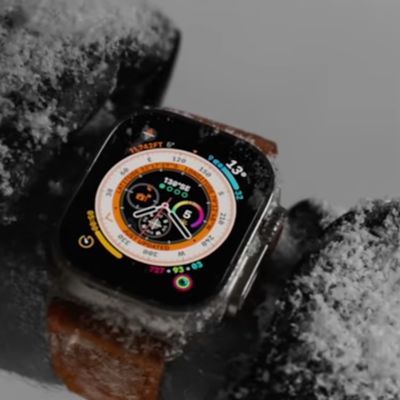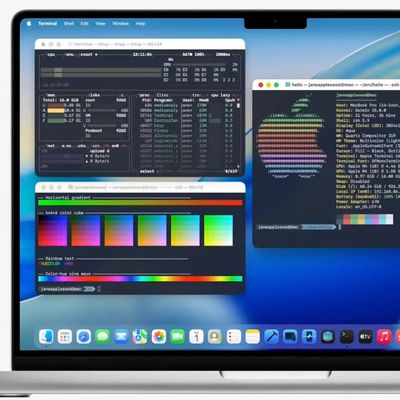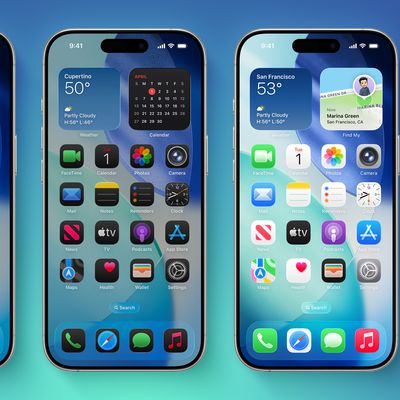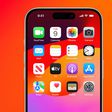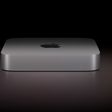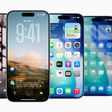Apple Confirms Unencrypted Kernel in iOS 10 Beta is Intentional
Yesterday it was discovered that iOS 10 does not feature an encrypted kernel, allowing users and researchers access to the core of the operating system and its inner workings. It was unclear at the time whether the lack of encryption was an accident or intentional, but today Apple confirmed to TechCrunch that the company did not encrypt the kernel for a reason.
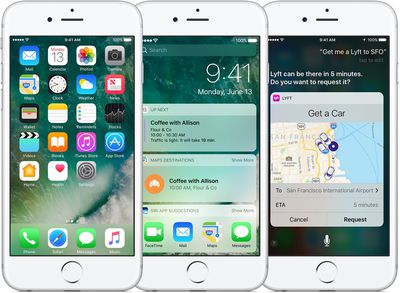
“The kernel cache doesn’t contain any user info, and by unencrypting it we’re able to optimize the operating system’s performance without compromising security,” an Apple spokesperson told TechCrunch.
The kernel, which dictates how software can use hardware and keeps the device secure, is unencrypted so that developers and researchers can "poke around" and find potential security flaws. Because the kernel is easier to access and flaws may be easier to find, Apple can more easily and more quickly patch potential issues.
The move is a shift for Apple, who had encrypted the kernel in past versions of iOS, leaving developers and researchers out of the loop on the inner workings of the operating system. As noted by security expert Jonathan Zdziarski, it's likely that Apple has made this shift to prevent groups from "hoarding" vulnerabilities in Apple's software, like the vulnerability used by the FBI to break into the iPhone 5c of the San Bernardino shooter.
Popular Stories
The iPhone 17 Pro and iPhone 17 Pro Max are three months away, and there are plenty of rumors about the devices.
Below, we recap key changes rumored for the iPhone 17 Pro models as of June 2025:Aluminum frame: iPhone 17 Pro models are rumored to have an aluminum frame, whereas the iPhone 15 Pro and iPhone 16 Pro models have a titanium frame, and the iPhone X through iPhone 14 Pro have a...
Apple will finally deliver the Apple Watch Ultra 3 sometime this year, according to analyst Jeff Pu of GF Securities Hong Kong (via @jukanlosreve).
The analyst expects both the Apple Watch Series 11 and Apple Watch Ultra 3 to arrive this year (likely alongside the new iPhone 17 lineup, if previous launches are anything to go by), according to his latest product roadmap shared with...
The Apple Watch Ultra 3 is expected to launch later this year, arriving two years after the previous model with a series of improvements.
While no noticeable design changes are expected for the third generation since the company tends to stick with the same Apple Watch design through three generations before changing it, there are a series of internal upgrades on the way.
By the time the ...
Apple's Terminal app is getting a visual refresh in macOS Tahoe, and it's the first notable design update since the command-line tool debuted.
The updated Terminal will support 24-bit color and Powerline fonts, according to Apple's State of the Platforms presentation at WWDC25. The app will also adopt the new Liquid Glass aesthetic with redesigned themes that align with macOS 26's broader...
Apple this week revealed that iOS 26 is compatible with the iPhone 11 series and newer.
That means that iOS 18 is the end of the road for the iPhone XS, iPhone XS Max, and iPhone XR, which were all released in 2018. However, those devices will continue to receive security updates for at least a few more years.
iOS 26 is compatible with the following iPhone models:
iPhone 16e
iPhone...
With iOS 26, Apple has made some additions to the iPhone Lock Screen that aim to make it more customizable than ever.
Of course, things can always change before the software makes its way to the general iPhone-owning public, but here are five new things iOS 26 can do on the Lock Screen as of the current developer beta.
Widgets Top or Bottom
In iOS 18, the row of widgets on your Lock...
Apple may launch the AirPods Pro 3 in 2026, according to analyst Jeff Pu of GF Securities Hong Kong, contradicting earlier predictions of a much sooner release.
Pu's Apple product timeline (via @jukanlosreve) comes as a bit of a surprise. Bloomberg's Mark Gurman said in February that new AirPods with heart rate monitoring were "months away," suggesting a late 2025 launch at the earliest....





